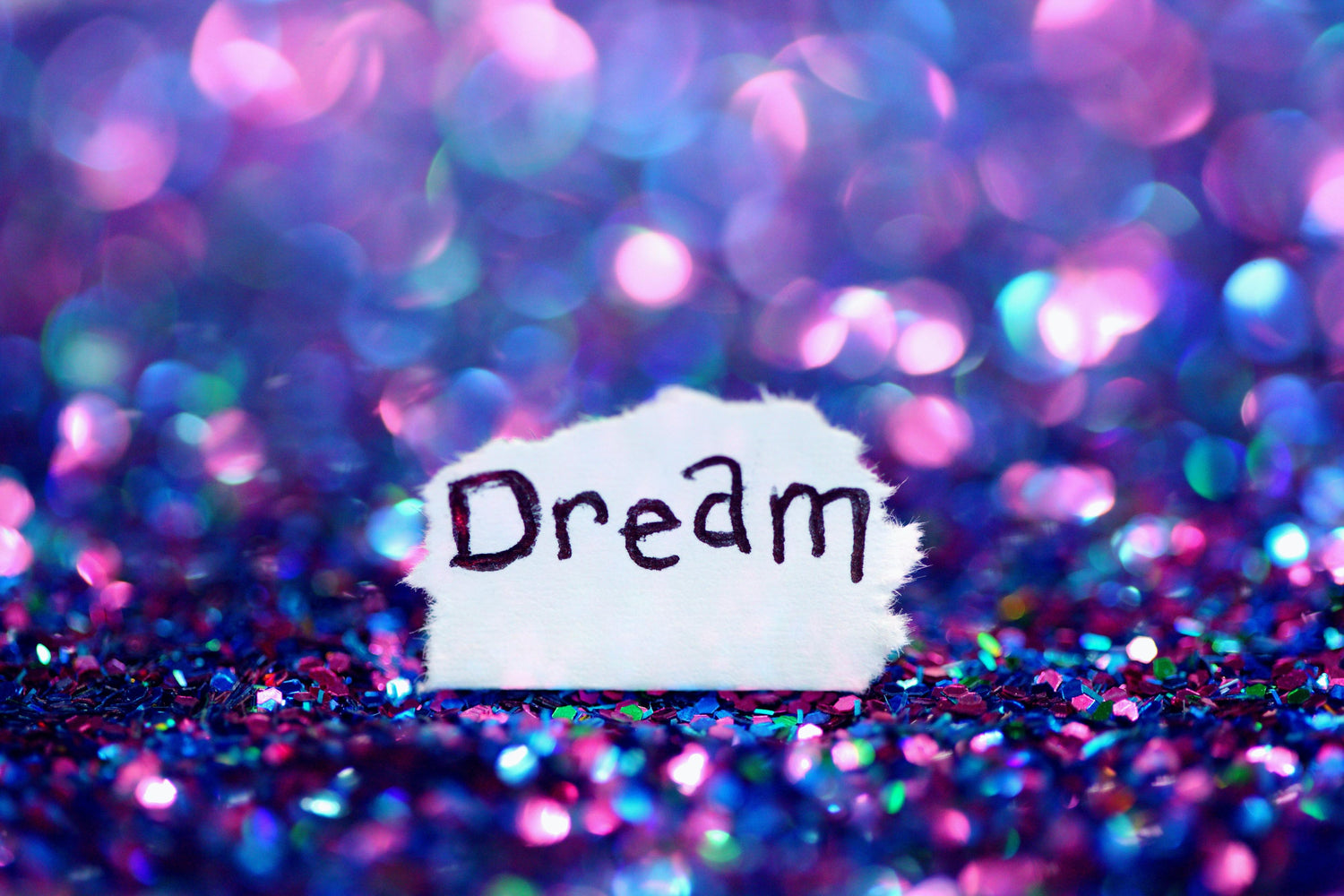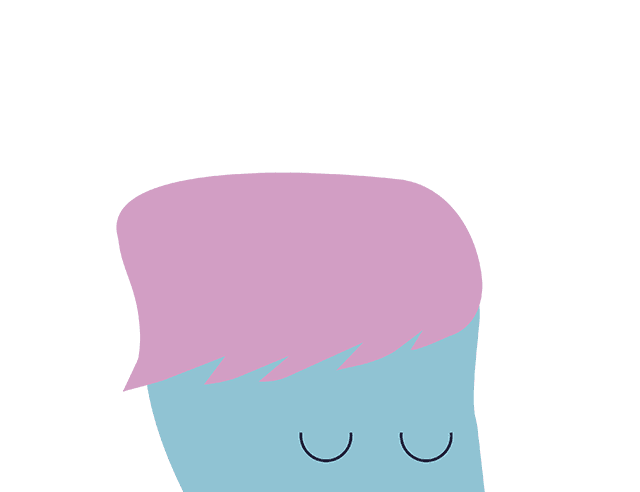I always used to judge how well I’d slept initially by how well I remembered my dreams and what type of dream it was. It seems that dreams are only one part of a four stage puzzle.
This is how it happens
- Nodding off. Closing your eyes and falling into a light sleep is known as stage 1 – this is the stage when you are not really sure if you are awake or asleep, you can be easily woken by noises or a bright light– If someone wakes from this stage they will often claim they weren’t asleep at all
- Memory Storer Phase 2. This is when your brain starts to properly slow down but you are still not in a deep sleep and can be awoken relatively easily. If you have a daytime nap (more on that later) you tend enter this phase of sleep. This is the stage where we consolidate memories and accounts for 40-60% of the time we are asleep
- Out for the Count -Phase 3 is deep sleep- people do not wake easily from this stage. This is the restorative phase of sleep and although is shorter in duration of overall sleep time, it is really important for our immune system and also for the release of human growth hormone.
- Let the games begin- Phase 4 is REM sleep when the dreams occur. Waking before this is completed or mid REM can leave a strange feeling of tiredness on initial waking. This phase the stage we are all probably most familiar with- studies show we actually dream 4-5 times per night during REM sleep. Thankfully our muscles are in a stage of paralysis during this part of sleep to stop us being able to renact our dreams – phew!
These 4 phases are known as a sleep cycle with the first 3 phases making up what is called Non-REM sleep (non-rapid eye movement). Each cycle will take around 90-120 minutes and we will all go through 4-5 sleep cycles a night. The length of time it takes to move through stages can change with age and depending on what we have done during the day. For example, children and teens spend much longer in the 3rd stage of sleep than adults.
Dr Clara Russell co-founder, Noggin The Brain People









